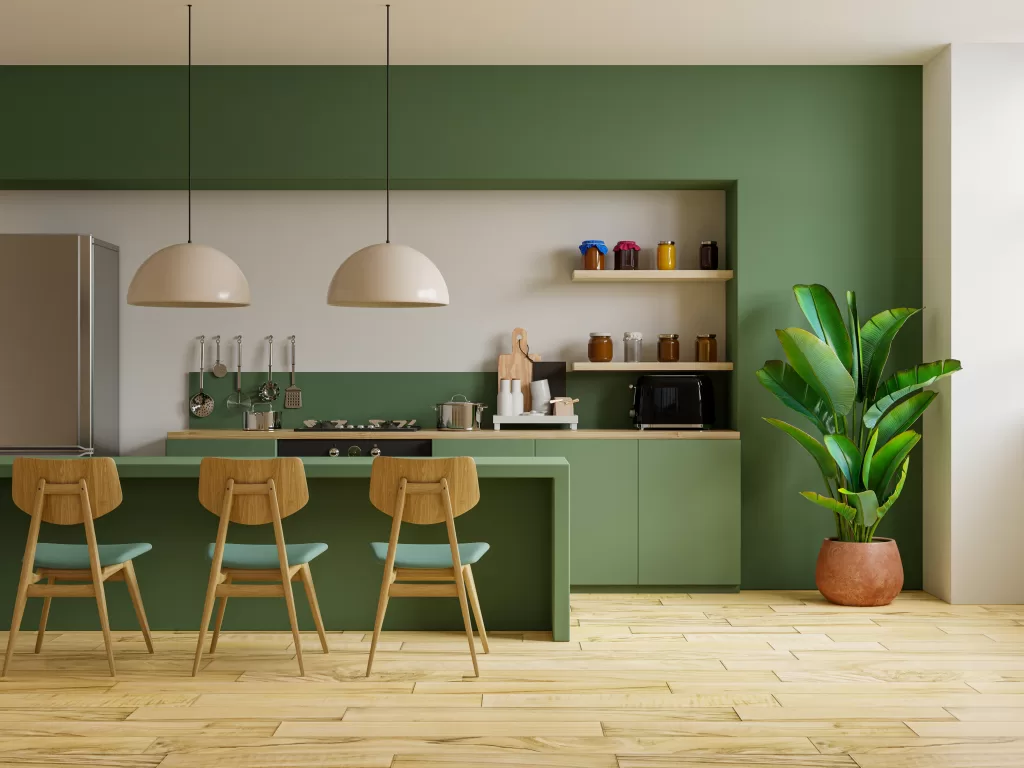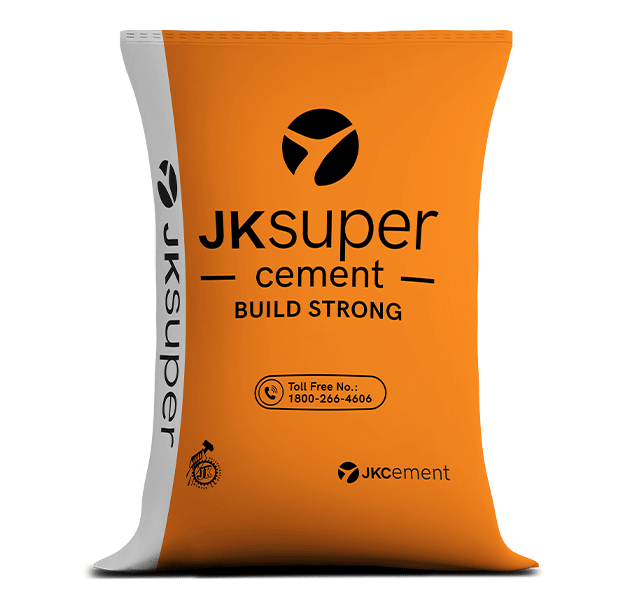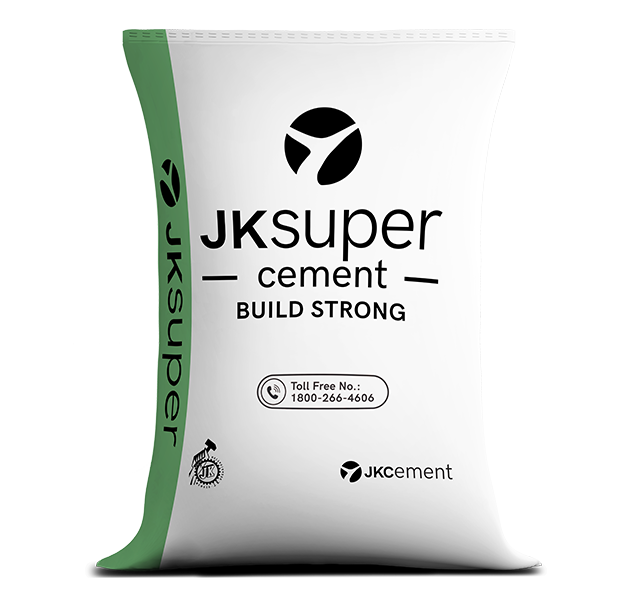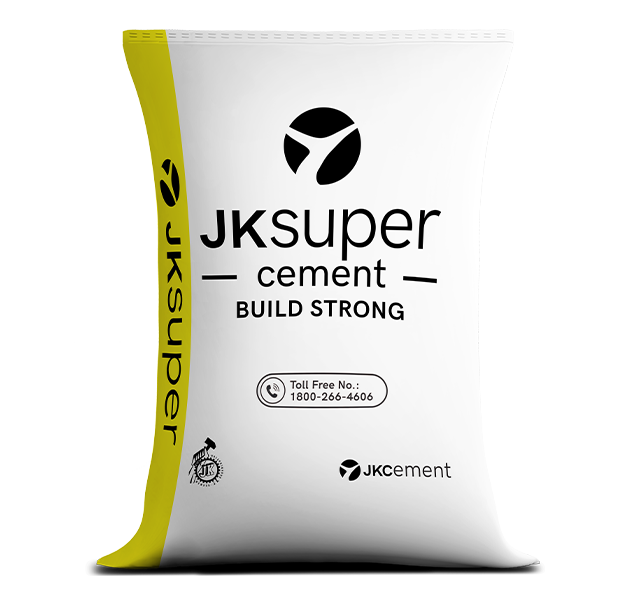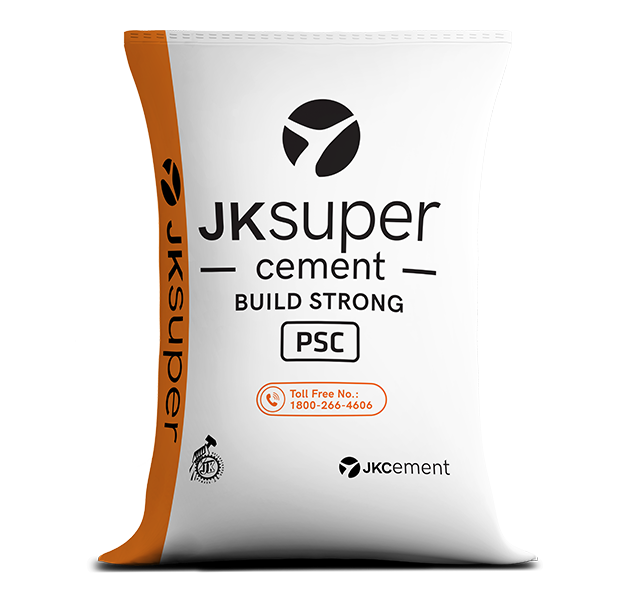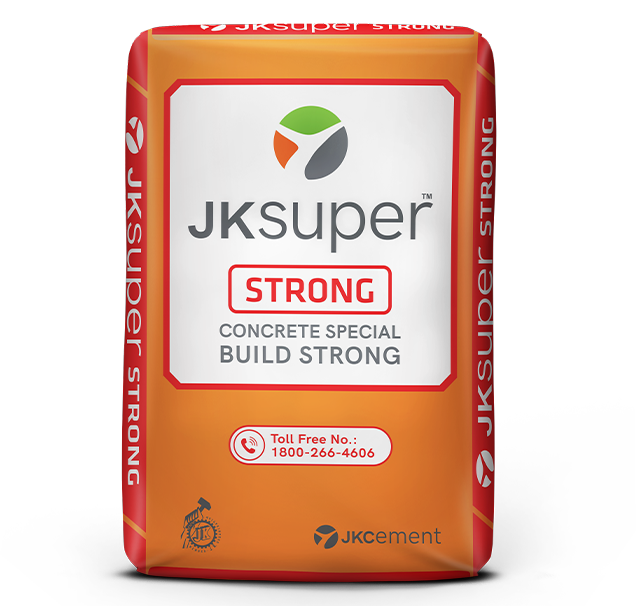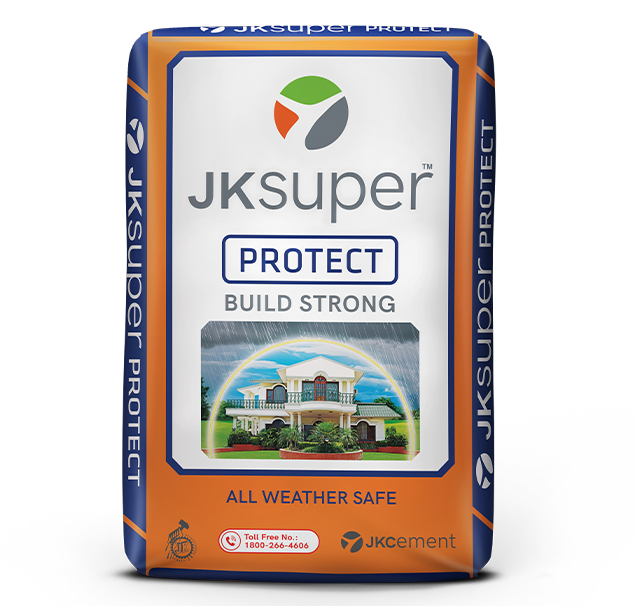The ancient Indian science of architecture, Vastu Shastra, is regarded very highly in India. It tells you about the optimal layout for your home for maximum success and well-being for you and your family. In this article, you can discover the basics of Vastu for home.
What Is Vastu Shastra?
Vastu Shastra is a Sanskrit term in which, Vastu means a shelter or house and Shastra means science, doctrine, and teaching. It may also be referred to as Vastu Veda and Vastu Vidya; a loose translation of the term can be the science of construction.
The principles of Vastu Shastra are inspired from a traditional viewpoint on how laws of nature influence human dwellings. These principles can have a significant impact on the building and the people living in it. Sthapatya Veda is considered the main source of information on Vastu Shastra for home and other building types and stands on the following five fundamental principles:
- Diknirnaya or site orientation
- Vastu Purusha Mandala or site planning
- Maana or proportions of the house
- Aayadi or dimensions of the house
- Chanda or aesthetics of the house
Many individuals find themselves wondering whether Vastu Shastra is relevant for all types of homes or not. Well, any home, irrespective of the size and location, can be built on the principles of Vastu Shastra; however, there may be some modifications and adjustments required for the home to embody the principles of Vastu Shastra in a practical manner.
Vastu for a House Plan
A Vastu-compliant home requires a strategic Vastu house plan which is aligned with the Vastu Shastra principles. Here, each room is strategically placed to maximise the positive energy and well-being of its occupants by following Vastu principles. A Vastu house plan aligns architectural elements with natural energies such as earth, water, fire, air and space. For instance, the main entrance should be in the north, east or northeast for prosperity, while kitchens should be positioned in the southeast to align with fire energy. This way, all the other aspects of a home should be aligned with the natural energies by following the Vastu principles.
For a strong and durable home, consult JK BuildXpert.
How To Align Your Home With Vastu Shastra Principles?
Vastu Shastra originated in India, but the principles of Vastu for home can be incorporated in the construction of buildings across the globe. Essentially, Vastu Shastra can be considered the Indian science of architecture. Here are some tips to follow while creating a Vastu house plan:(3)
- The centre of the building should have an opening or atrium to facilitate proper ventilation and circulation of wind.
- There should be no large openings at the corners of the building; if they are unavoidable, keep them as small as possible.
- Bedrooms should not be constructed on suspended or hanging parts of the building.
- The building should be well connected to the ground; thus, basement parking spaces may not be the best idea.
- The base of the building should be the widest to ensure the stability of the building.
- The kitchen should be placed in the south-east direction of your home. The lord of fire is believed to prevail in the south-east direction.
Note that the direction of the main entrance also affects the Vastu of a house. It is believed that the main entrance or doorway of the house is an entry point for positive energy; thus, it should ideally face the north, east, or north-east direction. This is because these directions are considered auspicious in the Hindu culture. For example, the mandir in homes should be built in a way that the gods face east, from where the sun rises.
Vastu Shastra Principles for House Design
Here are key guidelines to follow Vastu for home plan:
Room for Worship (Pooja Room):
Ideally located in the northeast (N.E.) corner of the house. This area should receive the first rays of sunlight at dawn. Establishing a dedicated space for worship in this direction is believed to enhance mental clarity, reduce stress and promote a sense of peace and tranquility.
Bedroom for New Mothers:
Should be positioned to the east of the house. This orientation allows the mother and newborn to benefit from the invigorating morning sun, which is associated with health and vitality.
Bathroom:
Recommended in the east or on the eastern side of the house. The flow of water should align with the natural energies from this direction to facilitate cleanliness and purification.
Kitchen:
Best situated in the southeast corner of the home. This area is governed by Agni, the God of Fire, which symbolises energy, health and nourishment. Cooking in this direction is believed to enhance the taste and quality of food while promoting well-being.
Study Room:
In your Vastu house plan, this room should be located in the western part of the house, ideally in the southwest quadrant. This area benefits from the positive influences of Mercury and Jupiter, which stimulate intelligence, curiosity and a desire to learn. It is suggested to sit facing either the northeast, east, or north while studying to maximise focus and retention of knowledge.
Benefits Of Vastu Shastra For House
By using Vastu for building a home, you can enjoy the benefits of living in an optimum setting. Vastu compliant homes:
- are structurally sound and can withstand harsh climates and earthquakes,
- have good ventilation,
- are well-lit with natural light,
- promote good health of the residents by aligning the living conditions in harmony with nature, and
- are considered spiritually uplifting.
Takeaway
Vastu Shastra dictates that the foundation of a home needs to be strong. If you are building a home, consider talking to a Vastu Shastra expert or talk to your architect about incorporating the principles of Vastu Shastra in the planning and design.
Building a Vastu-compliant home starts with a strong foundation, and to build a strong foundation you need superior quality cement. JK Cement – one of the leading cement manufacturers in the country, offers a wide range of grey cement to meet your construction requirements.
FAQs
What is Vastu for home, and what does it entail?
Vastu is the Indian science of architecture, which originated in the ancient times. It is refined by years of anecdotal evidence and passed down from generations to optimise the design and construction of houses. Vastu Shastra provides guidelines for building a home and other types of dwellings so that one can live in harmony with nature.
What are the key benefits of following Vastu guidelines in a home?
It is believed that by following Vastu Shastra for a house, you can optimise the structural and spiritual design of the home. Many principles and recommendations of Vastu Shastra facilitate the flow of air and sunlight in the home.
Can Vastu principles be adapted to modern home designs and architectural styles?
Yes, they can. Most of the principles and guidelines of Vastu serve a logical purpose. Vastu Shastra is believed to help enhance the quality of life of people residing in it.




